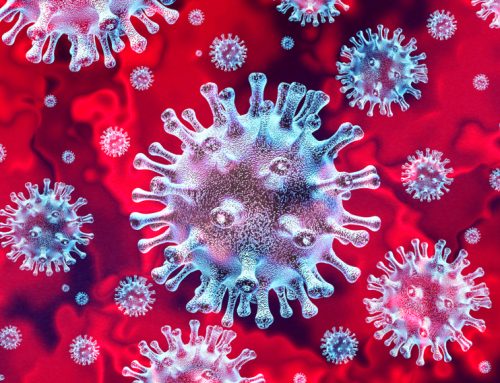“I’ve been stuck in this room for days now, my only friend is the nurse wearing a weird gown and face mask. She comes in to give me medicine and clean my bottom. Still smells gross though. I just want to get better and play ball, but at the moment I can barely lift my head”
This is parvovirus, from a dog’s point of view.
A study has recently been released from Adelaide University reporting the detection of a new strain of Parvovirus in Australia – canine parvovirus 2c (CPV-2c). This has been in the news a lot recently, and with Geraldton being identified as a Parvo hotspot last year, it is important to be well informed about what this means for our pets.
Parvovirus is a highly contagious and often deadly virus which is spread by oral and nasal contact with infected faeces. Young pups are most at risk but older dogs can get infected too. The virus affects the lining of the gut and causes loss of fluid, inability to absorb nutrients and enables bacteria to enter the blood stream. Clinical signs start with a fever, decreased appetite and depression and quickly progress to vomiting, bloody diarrhoea. This often results in dehydration, shock and death. Sadly there is no antidote for parvovirus and care is only supportive.

Luckily, vaccines are highly effective in preventing parvovirus and are the most important thing that we can do to stop this deadly disease. Early detection is also vital in improving chances of survival, so if you notice any clinical signs, contact the vet immediately.
The new strain of virus has been present around the world for many years but until recently had never been identified in Australia. The World Small Animal Veterinary Association has advised that “challenge studies have shown that vaccination of dogs with current CPV vaccines containing either CPV-2 or CPV-2b will provide protective immunity against all the other variants, including CPV-2c”. This means that by keeping you dog up to date with their vaccinations you are protecting them against both old and new strains.
All puppies should receive a full course of at least 3 vaccinations starting when they are 6-8weeks old and finishing when they are 16weeks old. Your pup should not be allowed into public areas or in contact with non-vaccinated dogs until a week after their last vaccine. This gives your pup the best chance of building an immune response to defend itself against infection. After the puppy course, vaccines need to be boosted yearly. Alternatively a blood test called a titre test can be done to check the levels of immunity.
If you need to book an appointment for your pet’s vaccination or are unsure if your pet is due, please give us a call on 99643671.
Dr Anika Kalka
BSc BVMS








Leave A Comment